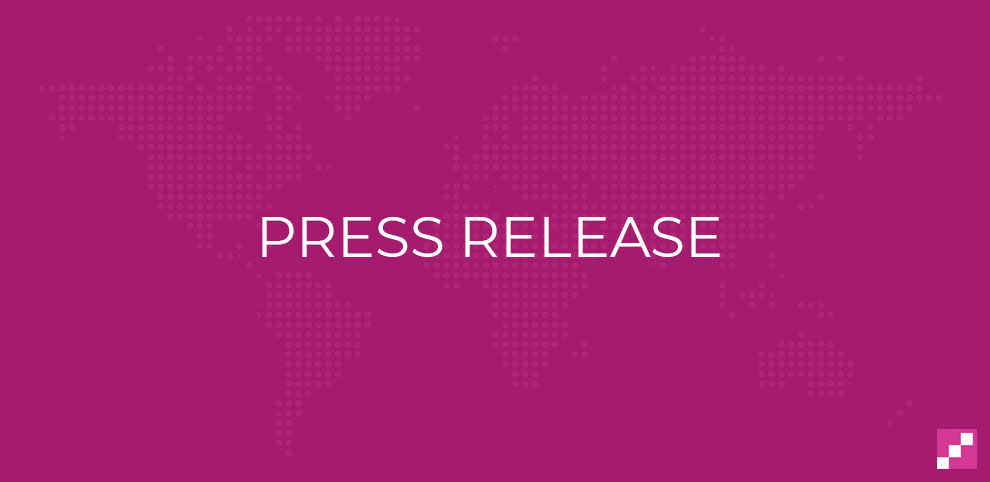
Community volunteering goes digital to save lives and protect the NHS
Published By Pressat [English], Thu, Mar 18, 2021 11:13 AM
A year after the first lockdown, Age UK have just launched an urgent appeal for everyone to check that older people are eating enough, following a report raising concern that “undernutrition and malnourishment in older people is increasing at pace” due to the pandemic. This is despite stories of too many volunteers, and the heartwarming stories about an “army” of NHS volunteers and “thousands” of spontaneously created mutual aid groups. Digital technology is urgently needed to improve the effectiveness of volunteers and save more lives.
Poor nutrition is just one example as a long term health crisis unfolds due to the pandemic. The NHS is responding to increased demand by embracing the advantages of digital technology to reach more patients. Home monitoring will soon become the new norm for many. The challenge will be finding those people most in need of help and if necessary helping them to track their condition at home to ensure they are not left behind.
Discovering unmet needs of vulnerable people is not easy and it requires a proactive rather than a reactive strategy, demonstrated only too well last year by the failure of the NHS volunteer app to attract calls for help. Vulnerable people don’t ask for help because it is very frightening to acknowledge being vulnerable, it’s embarrassing, they don’t know what help is available, how to ask for it or if it is safe. Local community and mutual aid groups, working proactively based on local knowledge, have more success:
Maintaining this level of support, and helping more vulnerable people, is a big ask of anyone and volunteers need professional digital tools specifically designed for the job, removing reliance on WhatsApp and Facebook chat.
SCIENAP has launched a new app (CHAI® Community) that brings the power of transformative digital healthcare technology into the community, designed specifically for volunteers, friends, family, neighbours and carers. The app helps untrained operators manage familiar tasks like shopping, pharmacy collections and dog walking; whilst guiding them as a team to proactively provide invaluable and much needed additional services:
Sponsoring organisations (eg. local authorities) can provide in-app advice and signposts to local support and analyze local statistics to plan future services.
SCIENAP works with the NHS, Social Services and volunteer groups producing specialist healthcare and wellbeing apps. After developing CHAI Professional, a nursing app for acute care, when Covid arrived they began the development of CHAI Community for untrained users in the community. Both apps contain similar functionality (e.g. tasks, alerts, notes, observation records and symptom trackers) but acute care is replaced with tools to help manage chronic conditions in the community. It is possible to share information between the apps and SCIENAP is looking to apply this to scenarios such as patient discharge from hospital where volunteers can work hand in hand with nurses to help reduce delayed patient discharge (a major concern). CHAI has been developed in partnership with the NHS with funding from Innovate UK (SBRI).
SCIENAP is passionate about empowering individuals to securely share their community record with whoever they trust to help them (NHS, Social Services, paramedics, volunteers, family and friends). CHAIⓇ is a registered trademark of Science & Engineering Applications Ltd.
Press release distributed by Media Pigeon on behalf of Pressat, on Mar 18, 2021. For more information subscribe and follow